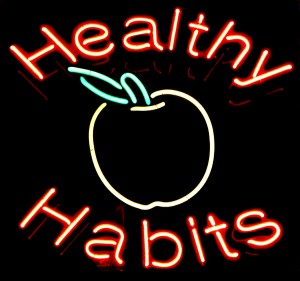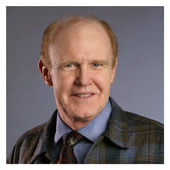Nutrition and Monitoring the Effects of Food
 Nutrition is more than diet Diet is a molecular assessment of foods ingested (how many carbohydrates, proteins, fats, minerals, vitamins) It does not take into account who is taking the foods in, does not evaluate the affect that foods have on you, and does not take into account the strength of your digestion In short diet does not factor you into the equation In diet the only observations made is whether foods cause weight gain and molecular disturbances (obsession with fats, cholesterol, fructose) And there is nothing incorrect about the molecular dietary approach It's just that nutrition is so much more
Nutrition is more than diet Diet is a molecular assessment of foods ingested (how many carbohydrates, proteins, fats, minerals, vitamins) It does not take into account who is taking the foods in, does not evaluate the affect that foods have on you, and does not take into account the strength of your digestion In short diet does not factor you into the equation In diet the only observations made is whether foods cause weight gain and molecular disturbances (obsession with fats, cholesterol, fructose) And there is nothing incorrect about the molecular dietary approach It's just that nutrition is so much more
Nutrition
Nutrition evaluates energetically who is taking the foods, whether the foods are balancing for the body, evaluates the strength of the metabolism through the assessment of appetite, examines the physiologic effects of foods, and in every step it's a discipline to bring you along in the feeding of your body by monitoring bodily functions
Because nutrition is about not only the consumption of a type of food and whether it brings about balance in the physiology, but also about when to take the biggest meal of the day, how to pay attention to how the mindbody feels after eating (is there congestion in the back of the throat with dairy ingestion, do I have heartburn after eating? do I feel sluggish with little energy?), attention to why we are eating(perhaps emotional ones), or following the simple directive of always sitting to allow ourselves to focus on the activity of eating
Nutrition and Bowel Function
So now that we have taken in the food, how does gut feel about that food? Is there loose stool after eating? Does a bowel movement occur after eating? Or is there no bowel movement for the the day or even for 2 or 3 days? A normal bowel pattern is a morning movement after drinking water and then a bowel movement 2 hours after eating. We should have at least one stool per day being formed and soft like a banana, at times fragmenting when it hits the water. The form is important and viewed at http://gapsdiet.com/Stools.html. Stools should float and not sink. If they sink, it is a sign of stagnant energy in the GI tract. And there should be no aroma. If there is, harmful bacteria exist in the colon that shouldn't be there. Improving digestive fire would be a partial solution by using probiotic for an extended period of time(1-2 years-freshly made yogurt, kefir) and use of chlorella.
Often the change in bowel activity can be related to the alteration in eating pattern. If we are fasting then it would be obvious that the bowel pattern or rhythm would change. Provoking bowel activity with foods or emotions is a common reason for alteration in pattern. Diarrhea, that is any stool that is looser than a formed soft stool, can occur due to unexpressed fear, or ingested foods that lead to the overabundance of the sour, salty or pungent tastes
Colonic Function and Nutrition
If the colon is not functioning properly constipation or diarrhea is the result
Using triphala is a a great way to help not only colon function but the entire gut function If constipated titratng up from a 0.5 tsp to where you have a stool everyday is a good start It's best to use the powder form of herbs You can make a tea by boiling the herb for 5 min, strain and drink or just take it straight up with a water chaser
Alternate nostrill breathing(ANB) is a way to help settle the mindbody and produce a bowel movement. This time honored breathing technique should link the breath with the process of having a bowel movment using exhalation with the downward evacuation of the lower colon. Even if you're having regular bowel activity, it would be fun to experiment with the technique. If not familiar with ANB, you can google it.
Lastly a bidet like device is helpful to clean the anal area after stooling. Simple to use and easy to install it's very useful. You can google or go to http://www.thebidetsolution
Until next time To Health as a Skill DrB




